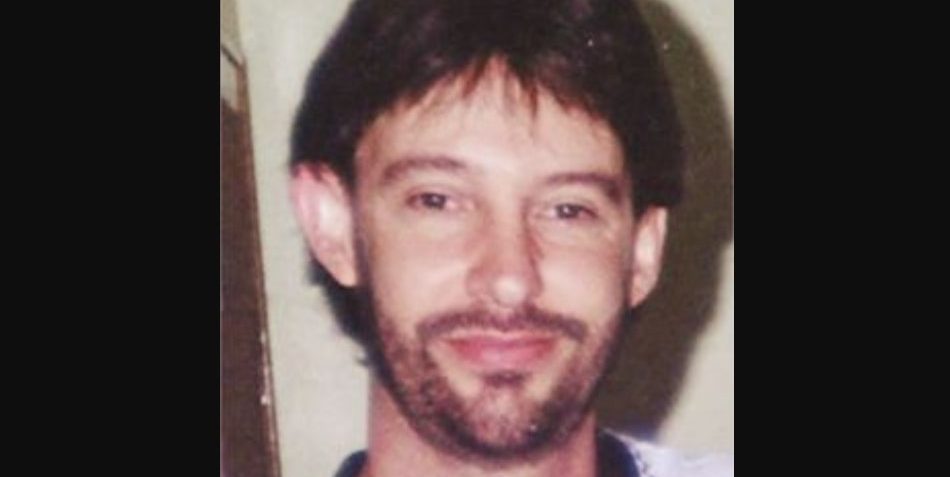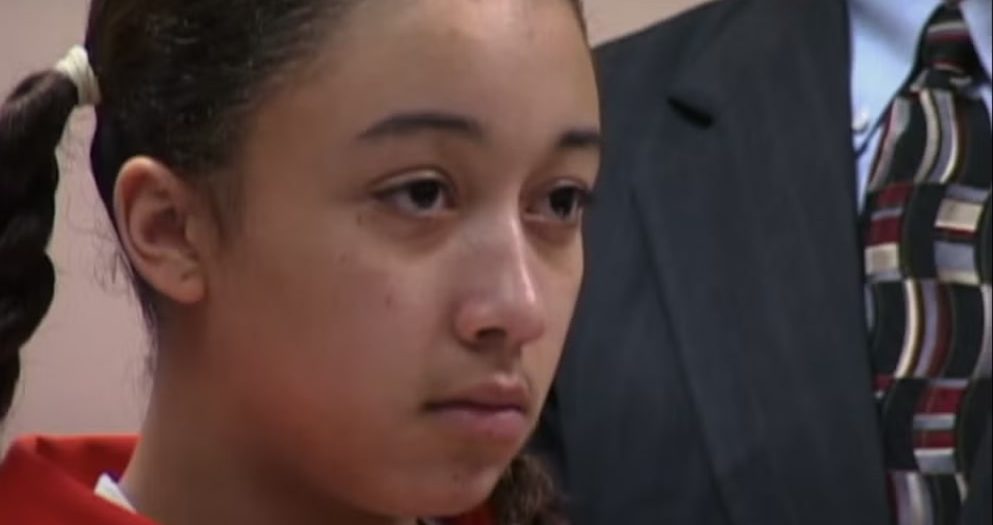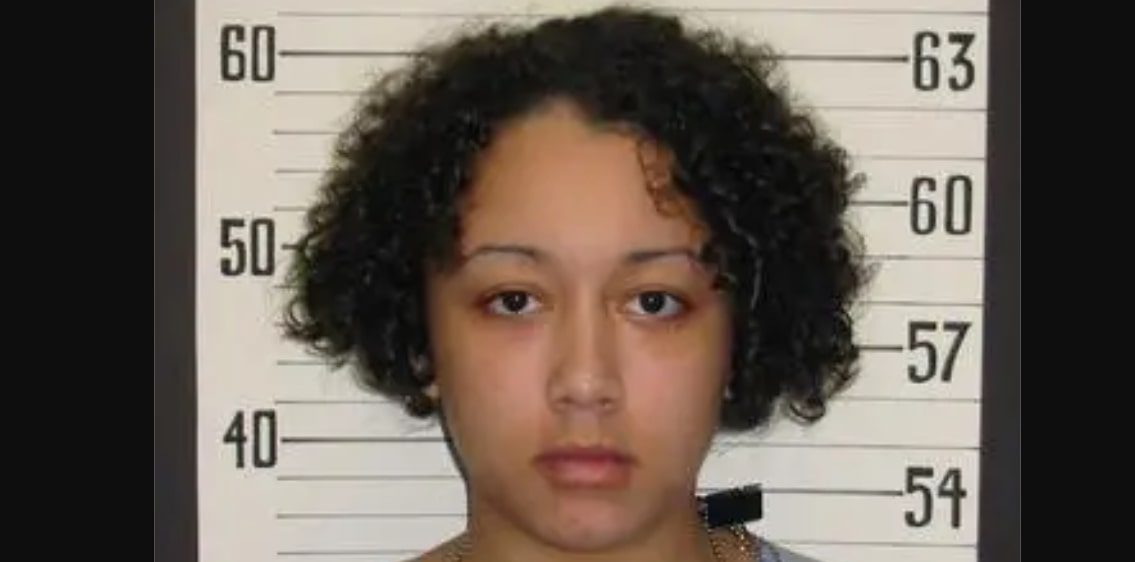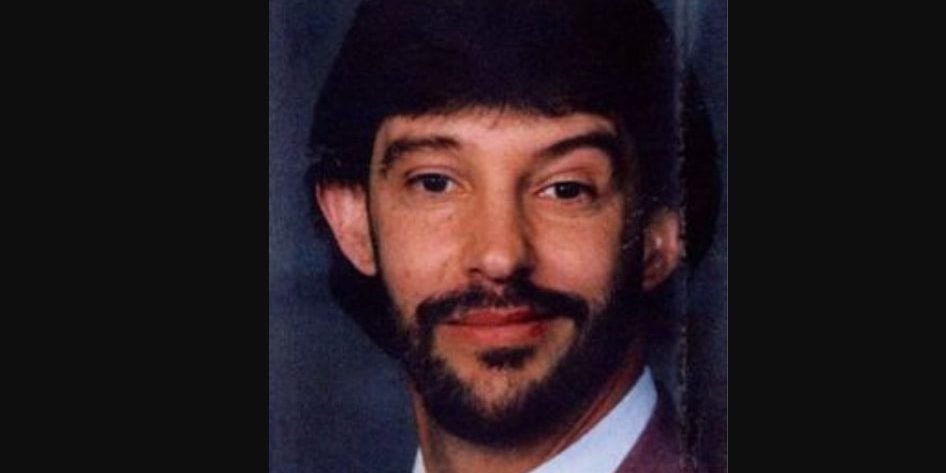In August 2004, Johnny Allen’s friends and family grew concerned when they hadn’t heard from him for some time. Upon visiting his home, they discovered him dead in his bed, having been fatally shot. The crime baffled everyone, as Johnny was regarded as a respected member of the community with no known conflicts. Netflix’s ‘Murder to Mercy: The Cyntoia Brown Story’ delves into the details of the case, offering insights into the events and exploring the perpetrator’s perspective.
Johnny Allen Was Shot to Death in His Own Bedroom
Johnny Michael Allen was born on September 28, 1960, to James and Carolyn Allen in Albemarle, North Carolina. From a young age, he was driven by a desire to make a name for himself while remaining deeply caring and protective of his parents, always striving to make them proud. As he grew older, he built a successful career in real estate, where he thrived. Although it was rumored that he had spent time in the military, this has never been officially confirmed. In his personal life, he found love, but his marriage ended in divorce in 1999. He did not have any children. By 2004, he was living in Nashville, Tennessee.

In addition to his real estate business, he dedicated time to his role as a youth pastor, teaching Sunday School and establishing a homeless ministry at Lakewood Baptist Church in Donelson, Tennessee, where he was an active member. On the morning of August 7, 2004, Allen’s friends and family grew concerned for his well-being as they had been unable to reach him. When they arrived at his house, they noticed that his car was not parked out front, but the house appeared open. Upon entering, they contacted the police, who discovered him lying unclothed in his bed. He had been shot once in the back of his head and was facing away from the door. Allen was pronounced dead at the scene, and an autopsy later confirmed that he had died sometime during the night of August 6 or the early hours of August 7, 2004.
Johnny Allen’s Killer Took Away His Car and Some Petty Cash After the Murder
The police quickly swept through Johnny Allen’s house and discovered that two of his firearms, $172 from his wallet, and his truck were missing. Based on these findings, they immediately theorized that the crime was a robbery gone wrong. It didn’t take long for the authorities to identify the suspects. 16-year-old Cyntoia Brown and 24-year-old Garion L. McGlothen were arrested at the InTown Suites hotel. When Brown was taken into custody, she admitted to firing the weapon but claimed she did so in self-defense.

According to Brown, she claimed that she had been trafficked and forced to work as a sex worker by McGlothen. On the night of August 6, she said she was picked up by Johnny in the parking lot of a Sonic Drive-In on Murfreesboro Road in Nashville, Tennessee. After negotiating a price of $250, she got into his car. In her testimony, Brown stated that they got some food along the way and eventually ended up at his house. She insisted that Allen take her to a hotel instead, but he made it clear that he wanted to be at his home.
Brown further explained that when they arrived at Allen’s house, he began talking about his background, claiming to have been in the Army as a sharpshooter. She said he showed her some of the guns he owned, which made her feel increasingly scared. According to Brown, they eventually went to his bedroom, but nothing intimate occurred. She felt uncomfortable and wanted to leave, but Allen allegedly tried to touch her, which she ignored. It was during this moment she claimed that he turned away from her, and she feared he was reaching for a gun. In a state of panic, Brown said she pulled a gun from her purse and shot him.
Johnny Allen’s Killer Claimed They Acted in Self-Defense
In the days that followed, Cyntoia Brown was tried as an adult for the murder of Johnny Allen. The prosecution argued that the way Allen’s body was found—lying peacefully in bed with his hands clasped—suggested he posed no threat to Brown. They contended that there was no evidence to support her claim of fearing for her life. On the other hand, the defense pointed to Brown’s traumatic past, stating that she had been abused from a young age and struggled with mental health issues, largely due to her family’s history. To bolster their case, the defense brought in a 17-year-old waitress who worked at a restaurant frequented by Allen. She testified that Allen made her and others uncomfortable, even asking her out on a date, which the defense used to paint him as a potentially predatory figure.

In the years that followed, Brown continued to assert her innocence, arguing that she acted in self-defense. However, Allen’s friends and family remained steadfast in their belief that he had been helping her, possibly bringing her to his home to offer assistance to someone in distress. They maintained that Brown’s actions were not out of fear but rather driven by an intent to rob Allen, ultimately killing him without mercy. Throughout her appeals for clemency, Brown expressed deep regret for her actions, offering heartfelt apologies to those who knew and loved Allen. She has acknowledged the pain her crime caused and the lasting impact on everyone involved.


You must be logged in to post a comment.